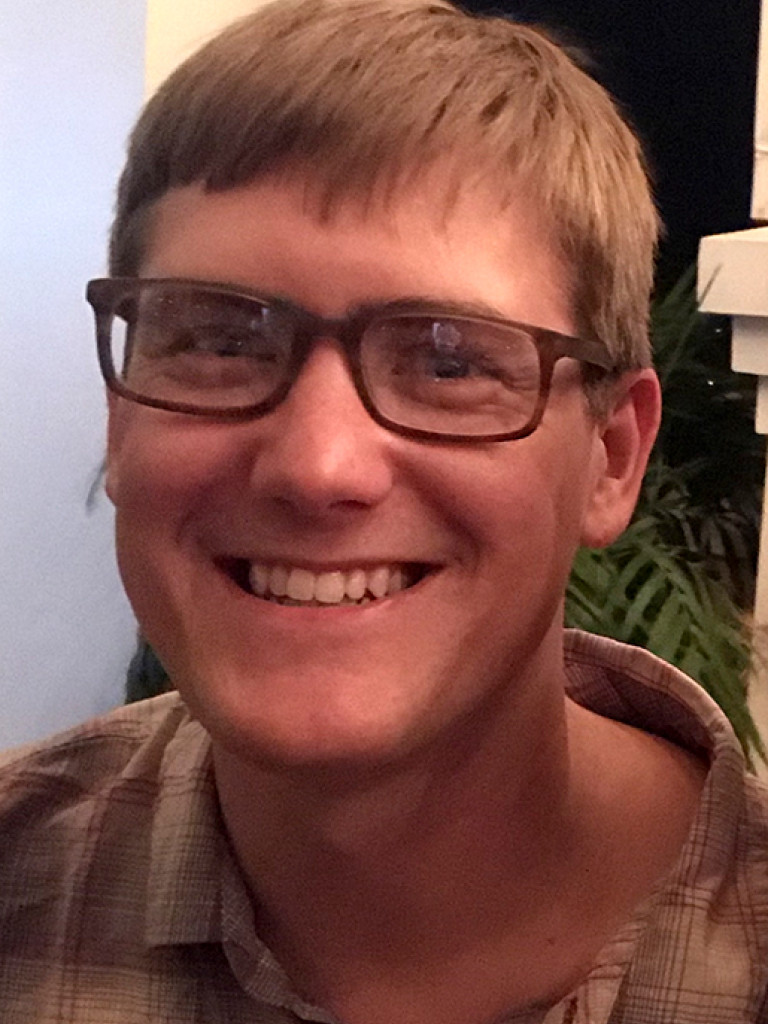
Brent Crane
- 2019
- Press Fellow
Brent Crane is a journalist based in San Diego. His writing has appeared in the New Yorker, the New York Times, Scientific American and Discover. 1. Why did you choose to become a science journalist? I believe that if I didn’t become a journalist, I would have become a biologist of some kind. I have always been enamored by the natural world and how it ticks. But I also don’t have the patience for sticking to one topic for years on end, which is what biologists do. Science journalism is a way for me to experience the world of the natural sciences a la carte. 2. What role do science and science communication play in your country? Not a big enough one. America is beset by science denialism, especially in the realm of climate change. Science communicators have not done enough to make science accessible to a lay audience. 3. What are the main challenges of science journalism in your country? The main challenge for science journalism is the same problem for all journalism, that publications have become more concerned with grabbing readers’ attention then informing them of important happenings in the world. So complicated stories can be hard to place. Also, a dwindling of editorial funds mean that doing big stories is harder. 4. Where do you see the big societal transformations in the future? What scientific research/discovery will change our world? Artificial intelligence is the biggest scientific change coming to our world because it will impact progress in every arena of human concern. The philosopher Sam Harris compares it to humanity receiving a message from an alien race saying, “In 30 years, we’ll be arriving.” We need to prepare. 5. What book, movie or song has radically changed your perspective? And why? Too many to count, of course. As related to science journalism, I’d say Yuval Noah-Harari’s book Sapiens, which puts into context the human race in a way which I found very refreshing, treating us as one would any other animal species. That is the most useful way to look on human affairs I believe.